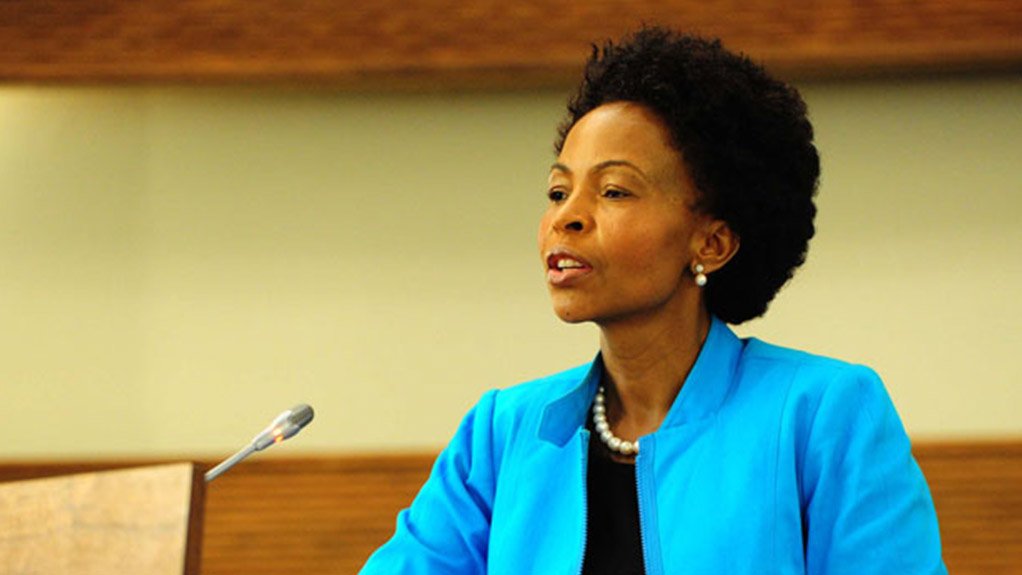The elections in Lesotho were peaceful, transparent and generally reflected the will of the Basotho people.
That is according to the Southern African Development Community (SADC) electoral observer mission (SEOM) deployed to Lesotho to monitor elections.
The SEOM was officially launched on 18 February 2015, after which 82 observers from 11 SADC member states were deployed throughout the 10 districts of Lesotho.
The mission released it preliminary findings to the media in Maseru on Monday after Lesotho went to the polls on Saturday.
“Based on its observations, the SADC Electoral Observation Mission concludes that the 2015 National Assembly Elections in the Kingdom of Lesotho were peaceful, transparent, credible, free and fair, thus reflecting the will of the people of the Kingdom of Lesotho,” said head of the mission and International Relations and Cooperation Minister Maite Nkoana-Mashabane.
The Minister said there are some best practices which the SEOM noted during the electoral process. These included the holding of public political party debates between candidates facilitated by radio and television stations; voter education via short messaging services (SMS); a 24-hour Elections Call Centre and toll-free number; continuous voter registration and updating of the voters’ roll; compulsory registration of electors and the electronic transmission of election results.
Nkoana-Mashabane also commended the Independent Electoral Commission for professionally organising, conducting and delivering credible elections at short notice.
She also commended the people of the kingdom for the exemplary manner in which they conducted themselves during this electoral process.
“In a dignified way, voters stood in long queues waiting for their turn to cast their vote, thus exercising their constitutional right to elect a party or candidate of their choice,” she said.
Although, the SEOM noted that the pre-election phase was characterised by a generally calm and peaceful political atmosphere, it noted several concerns from different stakeholders before the elections.
These include the biased and partisan media; utilisation of government resources by ruling coalition parties as well as politicisation of state institutions.
In this light, the SEOM made several recommendations to further improve the quality of the electoral process.
These include the review of the Constitution, Legislative and Institutional reforms in particular Security Sector Reform assisted by SADC; the review of the laws relating to parliamentary floor-crossing; the review of policy and legal framework for coalition government; and the professionalization of the media.
The SEOM has urged all political parties and candidates to accept the outcome of the election and “encourages any political party or candidate that may wish to challenge the election results to do so in accordance with the laws of the country”.
EMAIL THIS ARTICLE SAVE THIS ARTICLE
To subscribe email subscriptions@creamermedia.co.za or click here
To advertise email advertising@creamermedia.co.za or click here











